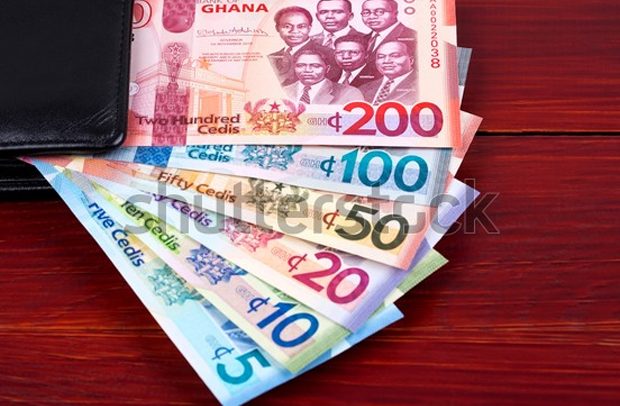Finance Minister, Ken Ofori-Atta has announced that the Cedi has declined by 53.8% in value against major currencies, since the beginning of 2022.
Presenting the 2023 Budget in Parliament today, Mr. Ofori-Atta attributed the demand for foreign exchange as a major reason for the Cedi’s decline.
“The demand for foreign exchange to support our unbridled demand for imports undermines and weakens the value of the cedi,” he said. “This contributed to the depreciation of the Cedi which has lost about 53.8% of its value since the beginning of this year, compared to the average 7% annual depreciation of the Cedi between 2017 and 2021.”
Mr. Ofori-Atta however, added that the Bank of Ghana will continue to monitor inflation developments and
respond appropriately to contain price pressures.
He said the government would use
the monetary policy rate to, among others, contain inflationary pressures.
The finance minister further stated that the “external sector performance in the outlook will depend largely on the quick resolution of the Russia–Ukraine war and the outcome of recession fears in advanced economies. The thrust of the external sector will focus on rebuilding external buffers enough to cover at least three and half months of imports of goods and services to cushion the economy against adverse external shocks. This will be underpinned by, among others, bilateral support, and strong remittance inflows.”
Debt Stock
Mr. Ofori-Atta also revealed that Ghana’s debt stock increased drastically to GH¢93 billion this year alone due to the depreciation of the Cedi.
“Mr. Speaker, provisional debt data as at the end of September 2022 shows a significant increase in Ghana’s public debt largely due to exogenous factors. The end–September 2022 provisional figures indicate that total gross public debt stood at GH¢467,371.31 million (US$48,871.34 million), representing approximately 75.9 percent of GDP,” said.
Explaining further, he added “The domestic debt component is GH¢195,657.60 million, which is 31.79 percent of GDP, whilst external debt is GH¢271,713.71 million, representing 44.15 percent of GDP. The increase in the domestic debt is largely on account of rising interest costs. Domestic debt as a share of total public debt reduced from 51.6 percent in 2021 to 41.9 percent as at end of September 2022. Mr. Speaker, the external debt as a percentage of the total debt stock is 58.1 percent as at end of September 2022. The sharp growth in the external debt stock is largely driven by the depreciation of the local currency. The depreciation of the Ghana cedi added GH¢93,855.15 million to the external debt stock.”
By Jamila Akweley Okertchiri

